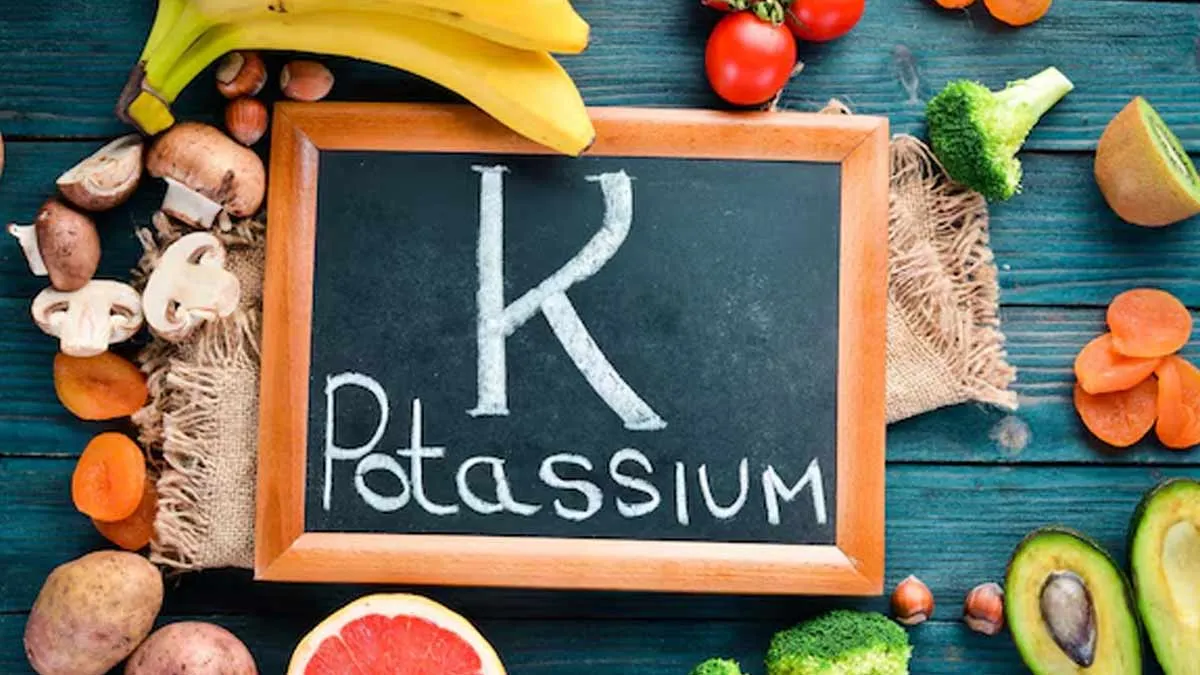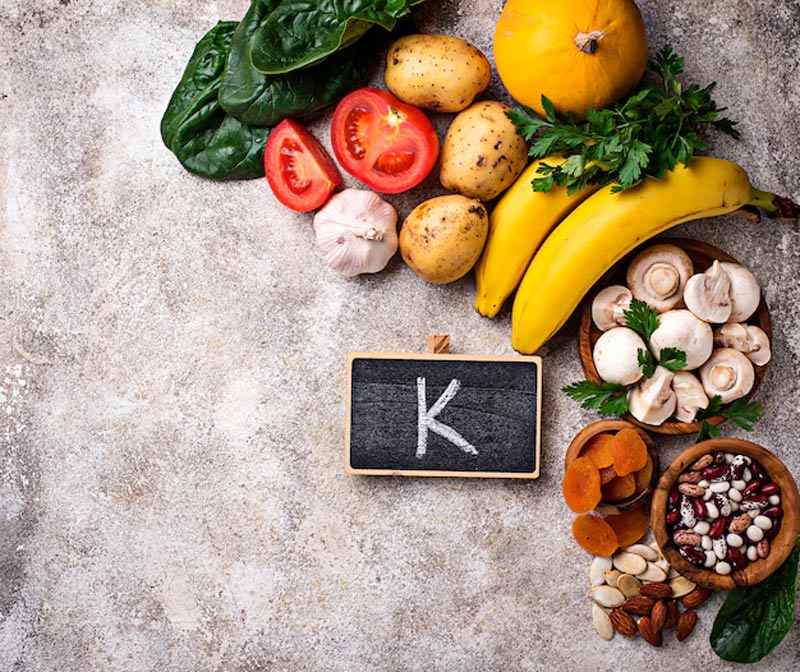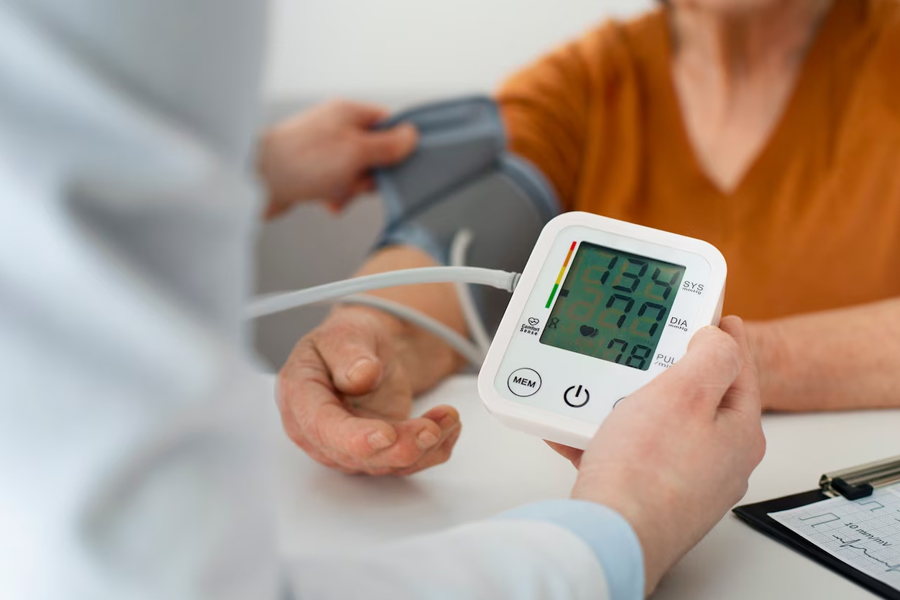
Several factors contribute to heart health, of which your diet plays a crucial role. Not only does a healthy, balanced diet improve cholesterol levels, but it also helps maintain blood pressure. Particularly when it comes to managing blood pressure, the spotlight has long been on reducing salt intake. But there’s another key nutrient that often gets overlooked – potassium. While cutting back on sodium is key, increasing your potassium intake can be just as powerful in supporting heart health.
Table of Content:-
To know more about the link, the OnlyMyHealth team spoke to Dr Sanjay Bhat, Senior Consultant – Interventional Cardiology, Aster CMI Hospital, Bengaluru.
Also Read: Foods And Drinks That Balance Sodium Salts In The Body
Role Of Potassium For Heart Health

Potassium is more than just a mineral; it's a quiet supporter of your heart's well-being. It helps keep your blood pressure in check by relaxing blood vessels and flushing out extra sodium from your body. This takes some of the pressure off your heart and lowers the risk of issues like stroke and heart attacks.
According to the Office of Dietary Supplements (ODS) of the National Institutes of Health (NIH), the recommended daily potassium intake for adults is 3,400 mg for men and 2,600 mg for women. During pregnancy, the intake should be around 2,900 mg and 2,800 mg during lactation. Children and teens require between 3,000 mg depending on age and gender.
Why You Should Increase Potassium To Manage Blood Pressure Levels
"Potassium plays a crucial role in regulating blood pressure by helping to balance the amount of sodium in the cells, which is essential for maintaining proper fluid balance and nerve function," said Dr Bhat, adding that when potassium levels are adequate, it promotes the relaxation of blood vessel walls, thereby reducing vascular resistance and allowing blood to flow more freely.
This effect can lead to a decrease in blood pressure, making potassium an important mineral for cardiovascular health.
"Incorporating potassium-rich foods such as bananas, oranges, potatoes, spinach, and beans into your diet can help achieve these levels, ultimately contributing to better blood pressure management and overall heart health," the doctor added.
Also Read: Heart Health: How To Incorporate Sunflower Seeds To Your Diet
How To Increase Potassium Levels In The Body

Some of the best sources include:
- Bananas, as they provide approximately 422 mg per medium-sized fruit.
- Sweet potatoes, which not only offer around 540 mg of potassium per medium potato but also come packed with vitamins and fibre.
- Leafy greens, such as spinach and Swiss chard
- Legumes like lentils and beans
- Avocados deliver approximately 975 mg of potassium in a medium-sized fruit.
Avoid Too Much Potassium

Dr Bhat warned of excessive consumption of potassium-rich foods. Too much potassium intake can pose significant health risks, particularly for individuals with pre-existing kidney conditions, he noted.
He explained, “The kidneys play a crucial role in regulating potassium levels in the body; when they are compromised, their ability to filter out excess potassium reduces, leading to a condition known as hyperkalaemia. This elevated potassium level can result in serious complications, including irregular heart rhythms, muscle weakness, and, in severe cases, cardiac arrest.”
Symptoms of hyperkalaemia may not always be immediately apparent, making it essential for those with kidney issues to monitor their potassium consumption closely.
Conclusion
When it comes to managing blood pressure, cutting down on salt is important, but increasing potassium can make a big difference too. This often-overlooked mineral helps your heart by easing pressure on your blood vessels and balancing out the effects of sodium. Adding more potassium-rich foods to your plate can be a simple yet effective way to support your heart health every day. However, it is important to remember that if you have kidney issues or any other health concerns, it’s best to talk to your doctor before making big changes to your diet. Small steps can go a long way in taking care of your heart.
Also watch this video
How we keep this article up to date:
We work with experts and keep a close eye on the latest in health and wellness. Whenever there is a new research or helpful information, we update our articles with accurate and useful advice.
Current Version